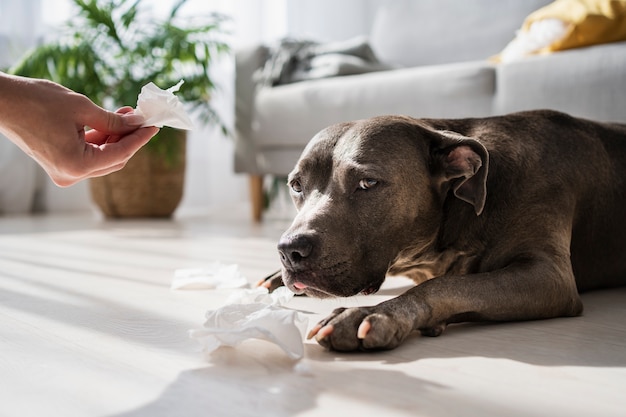First Aid for Furry Friends: Essential Techniques Every Pet Owner Must Master

First Aid for Furry Friends: Essential Techniques Every Pet Owner Must Master
April's National Pet First Aid Awareness Month: Essential First Aid Skills Every Pet Owner Should Know
As pet owners, our furry companions hold a special place in our hearts, making it essential to be prepared for any situation that may arise. National Pet First Aid Awareness Month in April serves as a reminder of the importance of having basic first aid skills to ensure the well-being of our beloved pets. Whether it's a minor injury or a more serious emergency, being equipped with the right knowledge can make all the difference. Here are some essential first aid techniques every pet owner should know:
- Assessing the Situation: Remain calm and assess the situation before administering first aid. Ensure your own safety before approaching an injured pet.
- Restraint and Handling: Use caution when handling an injured pet to avoid causing further harm. If necessary, use a makeshift muzzle for dogs to prevent biting.
- Stopping Bleeding: Apply gentle pressure to any wounds to stop bleeding. Use a clean cloth or bandage to minimize the risk of infection.
- Treating Cuts and Scrapes: Clean the wound with mild soap and water, then apply an antiseptic ointment. Cover the area with a sterile bandage to prevent contamination.
- Handling Fractures: If you suspect your pet has a broken bone, avoid moving them unnecessarily. Instead, stabilize the injured limb with a splint or improvised support until you can seek veterinary care.
- Managing Burns and Heatstroke: For minor burns, cool the affected area with cold water and apply a soothing ointment. In cases of heatstroke, move your pet to a cooler environment and offer small amounts of water.
- Dealing with Choking: If your pet is choking, attempt to remove the obstruction with your fingers or a pair of tweezers. If unsuccessful, perform the Heimlich maneuver carefully.
- Recognizing Poisoning: Be aware of common household toxins that can be harmful to pets, such as chocolate, plants, and certain medications. If you suspect poisoning, contact your veterinarian or a poison control hotline immediately.
- Administering CPR: Learn pet CPR techniques, including chest compressions and rescue breathing, to revive a pet in cardiac arrest. Seek professional help as soon as possible.
Remember, while these basic first aid techniques can be invaluable in an emergency, they are not a substitute for professional veterinary care. Always seek medical attention from a qualified veterinarian for serious injuries or illnesses. By being prepared and knowledgeable, you can ensure the safety and well-being of your furry friends.
This National Pet First Aid Awareness Month, take the initiative to learn these essential first aid skills for your pets. Preparedness can make all the difference in an emergency. Sign up for a pet first aid course or consult with your veterinarian for more information. Contact us at (678) 383-6613 or give us a quick visit at 3595 Canton Rd. Suite 1,Marietta, GA 30066. Your furry friends will thank you for it.



















